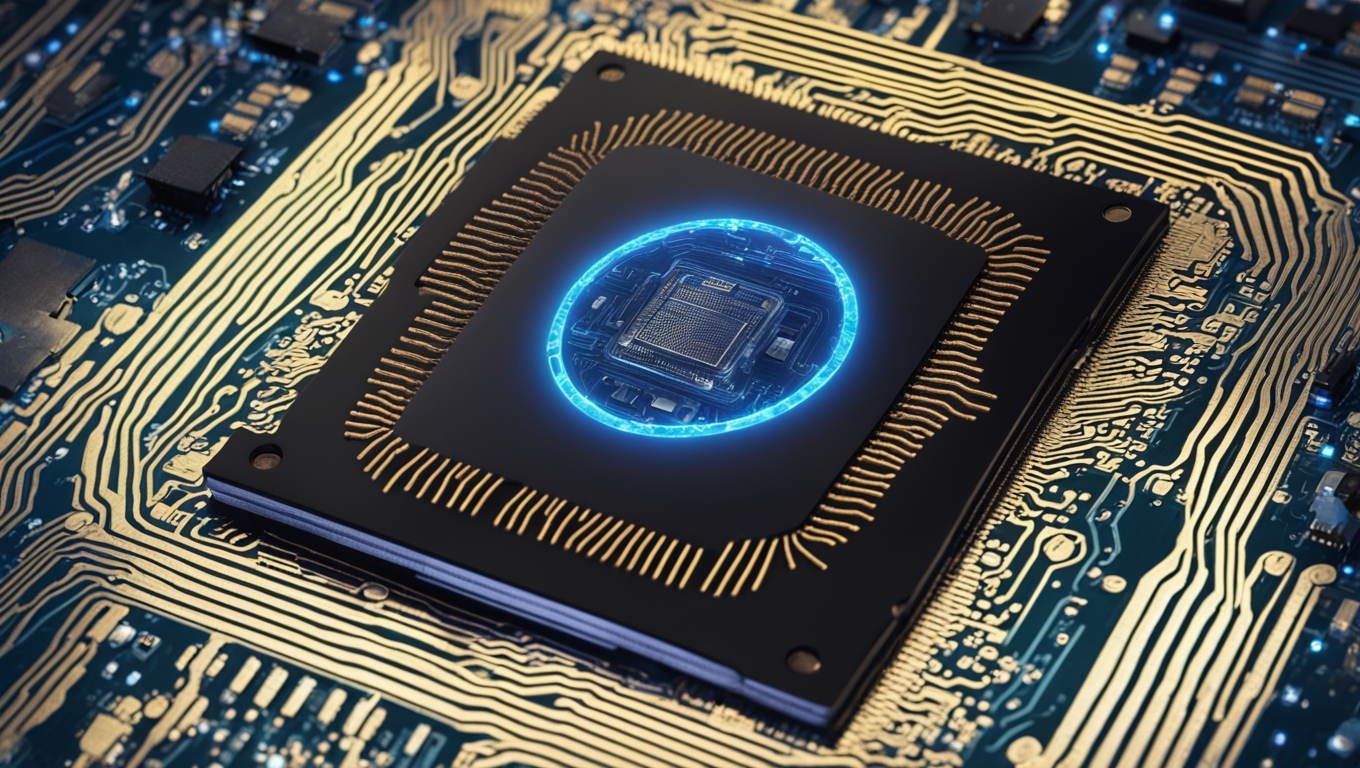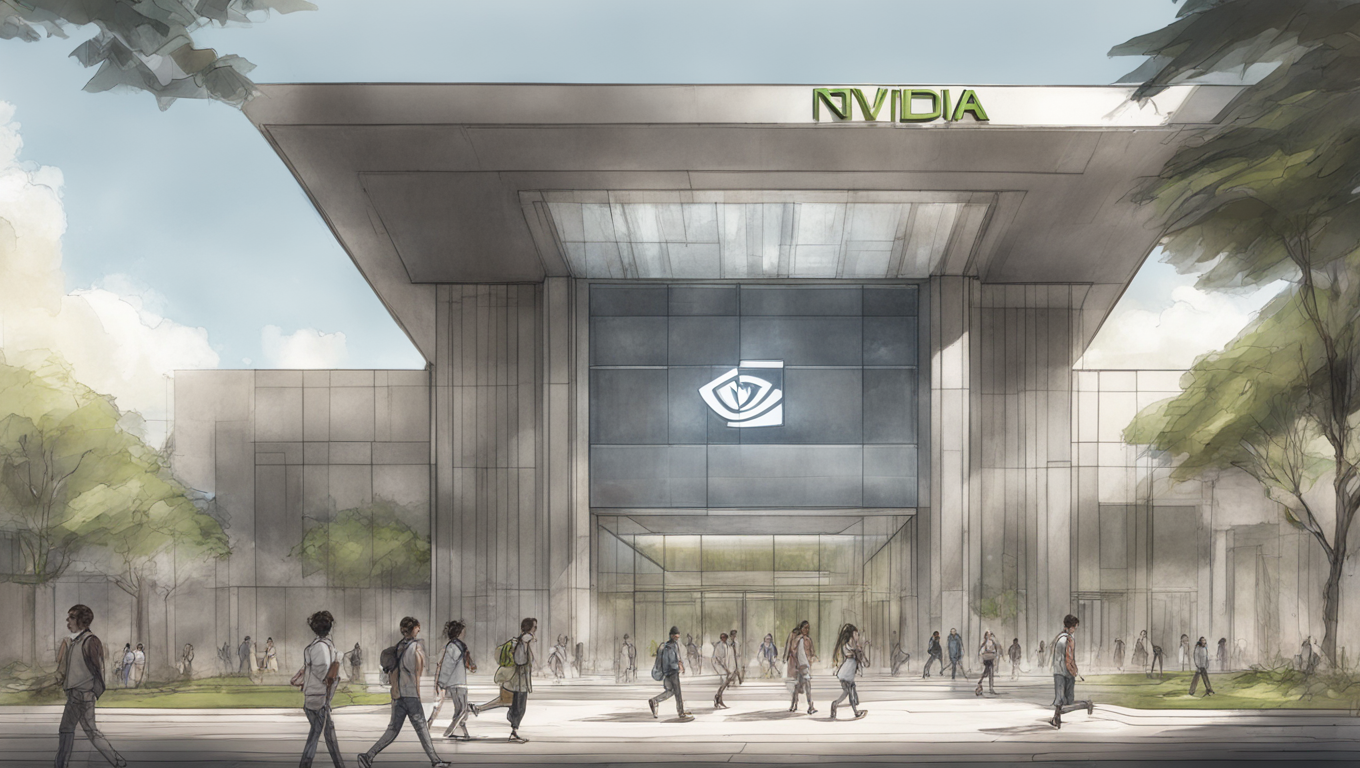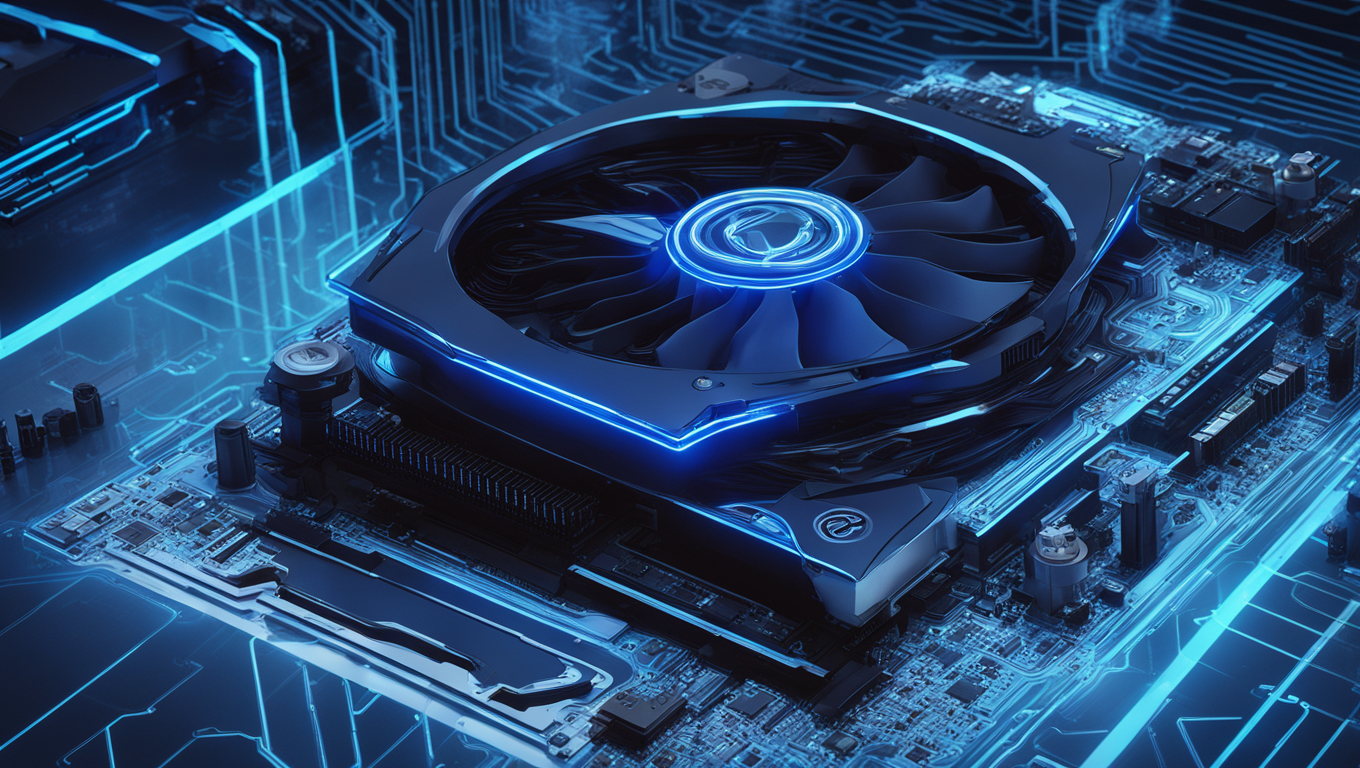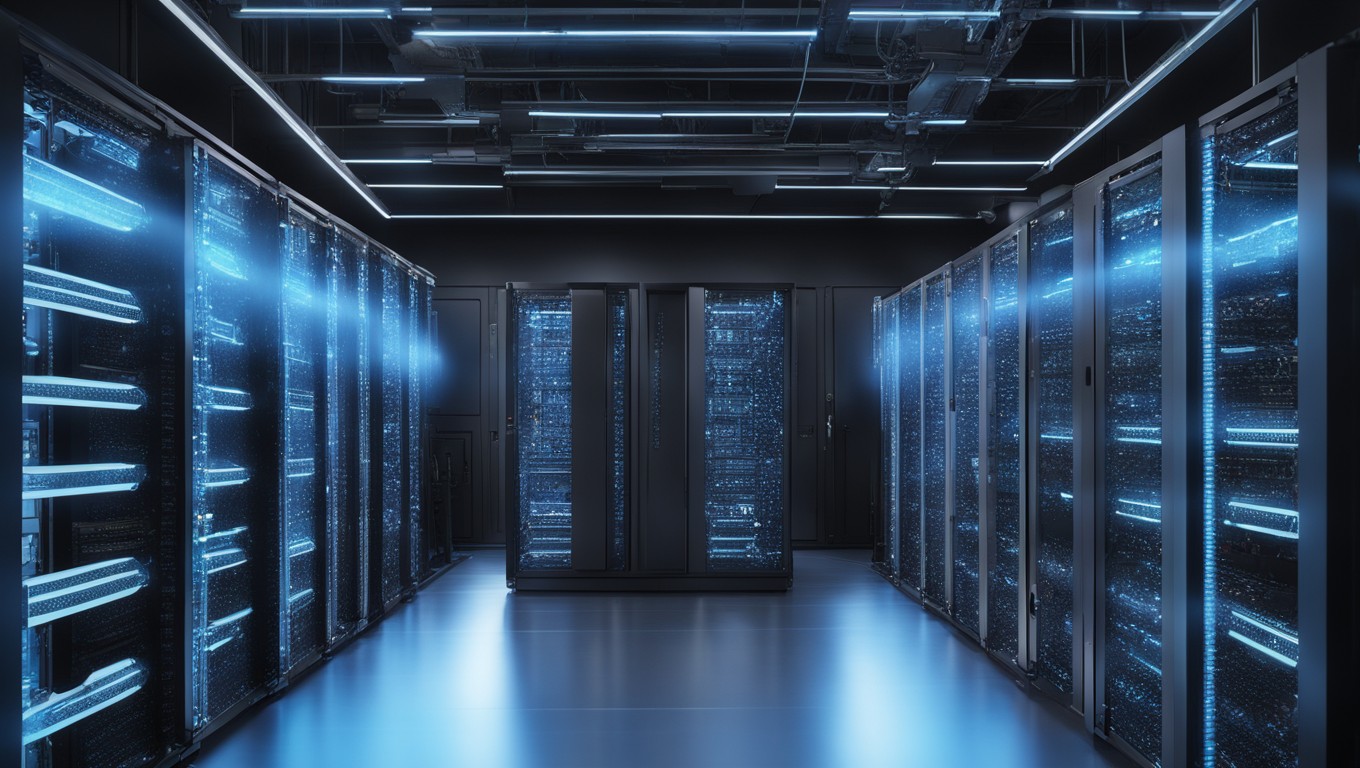Intel’s Struggle in the AI Chip Market Raises Questions About Its Dominance in the Data Center Industry
In an unexpected turn of events, Intel shares plunged over 12% on Friday, adding to the company’s woes as it struggles to keep up with the booming demand for artificial intelligence (AI) chips in the data center market. This decline is indicative of a larger trend in recent years, as Intel has fallen behind competitors like Nvidia in producing advanced AI chips and components.
The forecast for Intel’s second-quarter revenue of $12.5 billion to $13.5 billion fell short of analysts' average estimate of $13.57 billion, which further added to the concerns surrounding the company. Experts from Bernstein noted that while Intel is making efforts to rectify the situation, it is clear that the company is facing significant challenges, and it will take years for their efforts to bear fruit.
In an attempt to catch up to its rivals, Intel had announced a $100 billion spending spree across four U.S. states to build and expand factories. Additionally, the company unveiled a new AI chip earlier this year. However, these efforts have not yet been able to match the advancements made by Nvidia and other competitors.
The declining market value of Intel, which currently stands at $149.4 billion, saw nearly $19 billion erased as a result of the drop in share prices. The shift in enterprise spending towards advanced and speedy AI server chips has negatively impacted the demand for Intel’s central processing units, which have traditionally powered data centers.
Goldman Sachs analysts expressed concerns that, despite the launch of Intel’s Gaudi 3 AI chip, the company may continue to lose its market share to competitors like Nvidia and Arm in the data center compute market. However, Intel remains optimistic about a potential boost in the second half of the year as a result of a fresh upgrade cycle for personal computers driven by the release of a new version of Microsoft’s Windows operating system.
While Intel faces challenges in the data center market, industry giants like Microsoft and Alphabet, who are both Nvidia clients and design in-house chips for their data centers, reported strong earnings. This highlights the increasing competition Intel faces from companies that have managed to adapt to the AI chip demand.
The future of Intel in the data center industry remains uncertain. The company will need to take significant measures to regain its dominance and catch up to competitors like Nvidia. As the AI boom continues to reshape the tech landscape, it is clear that Intel’s current strategy and offerings are falling short, leaving the company at a crossroads. Only time will tell if Intel can overcome these obstacles and reclaim its position as a leader in the data center market.





Use the share button below if you liked it.